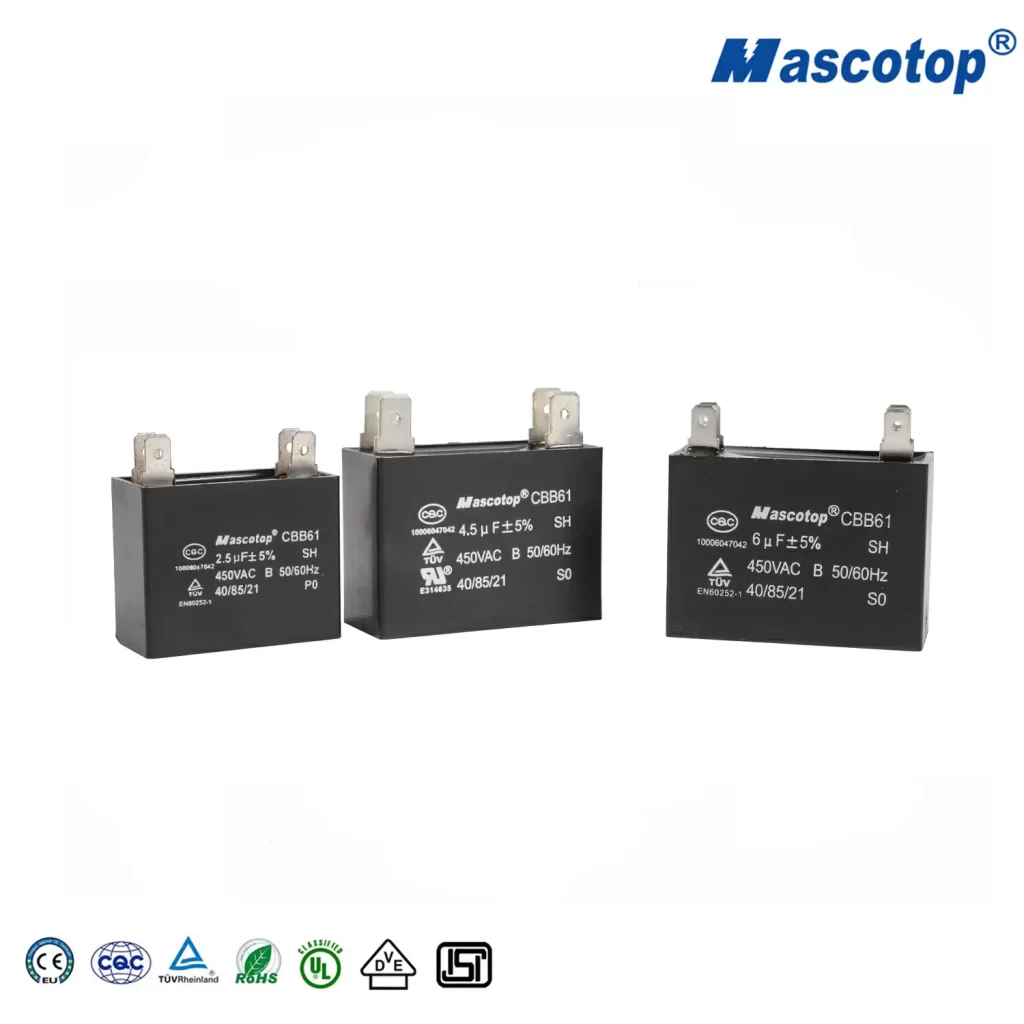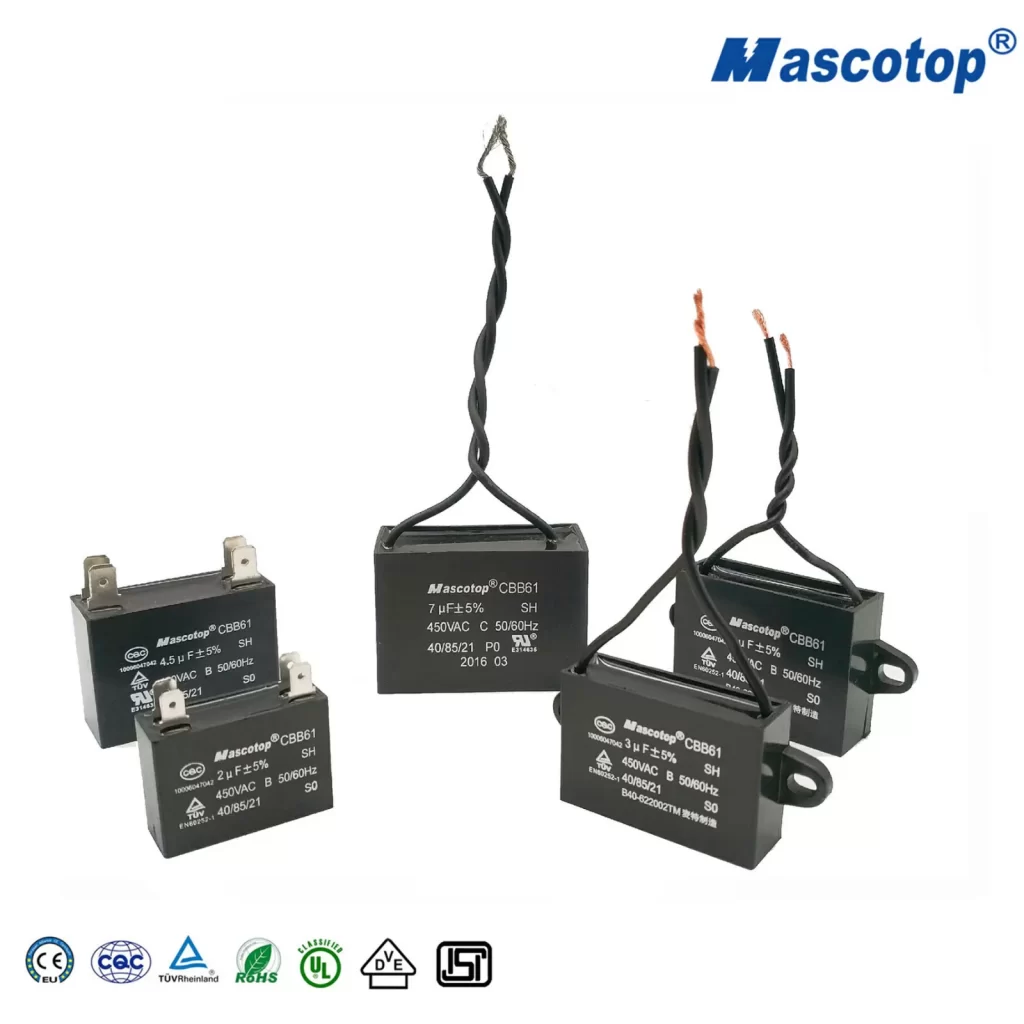
At the heart of every efficient Heating, Ventilation, and Air Conditioning (HVAC) system lies a network of components working harmoniously to deliver optimal performance. Among these vital components, capacitors emerge as unsung heroes, playing a pivotal role in powering and starting fan motors. Let's delve into the significance of capacitors and how they contribute to the seamless operation of HVAC systems.

Table of Contents
Toggle
Capacitors, in the context of HVAC systems, are electrical devices designed to store and discharge electrical energy. They are commonly used to provide the initial jolt of energy required to start the fan motors in air conditioning units, furnaces, and heat pumps. Capacitors operate on the principle of electrostatic energy storage, where electric charge is accumulated and retained within the device.
In HVAC systems, starting capacitors are instrumental in initiating the rotation of fan motors. When the HVAC system is activated, the starting capacitor releases a surge of electrical energy, providing the necessary torque to kick-start the rotational motion of the fan motor. This initial boost sets the fan blades in motion, setting the stage for efficient air circulation within the system.
Once the fan motor is in motion, run capacitors come into play to ensure the smooth and continuous operation of the motor. Unlike starting capacitors that provide the initial thrust, run capacitors maintain a steady supply of electrical energy, enabling the fan motor to sustain its rotational speed consistently. This sustained energy flow is vital in maintaining the desired airflow and temperature regulation within the HVAC system.
The proper functioning of capacitors is crucial for the overall efficiency and performance of HVAC systems. Over time, capacitors may experience wear and degradation due to continuous use and environmental factors. Malfunctioning capacitors can lead to issues such as motor overheating, inefficient air circulation, and system failures. Regular maintenance and timely replacement of capacitors are essential to ensure the reliable and efficient operation of fan motors in HVAC systems.

HVAC systems utilize different types of capacitors based on the specific requirements of fan motors. Electrolytic capacitors, often used as starting capacitors, are designed to handle high initial currents for short durations, facilitating motor start-up. Meanwhile, polypropylene film capacitors are commonly employed as run capacitors, providing stable and continuous energy flow to sustain motor operation.
In the intricate ecosystem of HVAC systems, capacitors stand as indispensable components, empowering the smooth initiation and continuous operation of fan motors. Their role in providing the necessary energy surges for motor start-up and sustaining the momentum of motor rotation underscores their critical significance in maintaining the efficiency and functionality of HVAC systems.
As we continue to advance in HVAC technology, the dependable performance of capacitors remains integral to the seamless operation of fan motors, ensuring optimal air circulation, temperature regulation, and energy efficiency in HVAC systems. Understanding the crucial role that capacitors play in powering and starting fan motors sheds light on their vital contribution to the overall performance and reliability of HVAC systems.
In the dynamic realm of HVAC technology, the unassuming capacitors emerge as silent champions, driving the motion and efficiency of fan motors, and fortifying the foundation of precision and reliability within HVAC systems.
Should you have any further queries or require additional information related to the role of capacitors in HVAC systems, feel free to reach out for a comprehensive understanding of this essential aspect of HVAC technology.